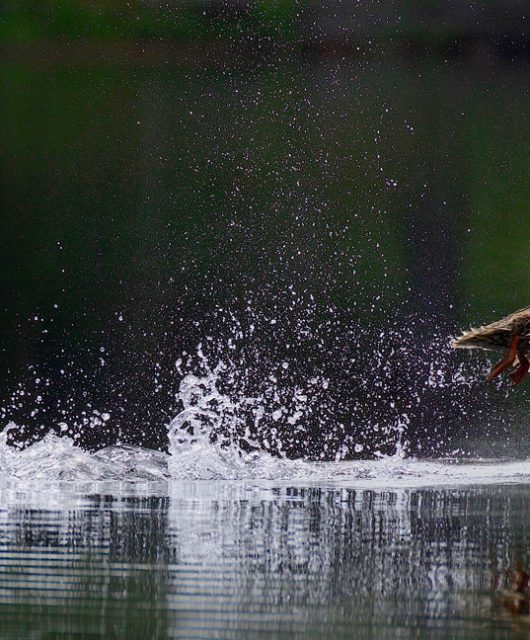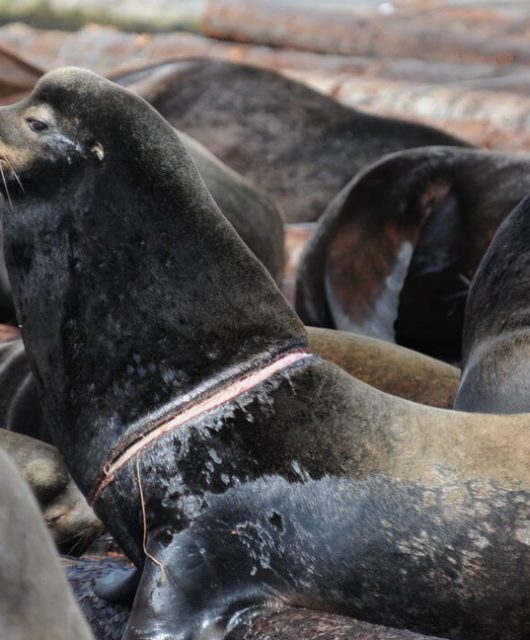A recent documentary about the fishing industry’s impact on our oceans has sparked a lively debate about industry, sea life and conservation.
After receiving many questions and comments about the documentary Seaspiracy, we wanted to share more information about the subject matter. The recent documentary Seaspiracy explores the complex tangle of social, political, and environmental factors impacting our oceans. We have received many comments and questions about the film and appreciate the interest in our oceans that it evokes. Let’s dive deeper into this subject.
‘Shock and Awe’
The film uses a form of ‘shock and awe’ storytelling which can be effective tool for drawing in audiences. It is however facing criticism that some of the issues presented in the film may be oversimplified and the overall narrative may be appearing to fault the very ocean conservation communities that are trying to fix the many diverse problems the documentary explores. Although the film also suggests that some topics have been brought to the forefront, journalists have been covering these stories for years bringing much needed attention to important issues.
The film broaches many of the complicated challenges facing our oceans, however the solution is not as simple as avoiding the consumption of fish to reduce negative impacts on our oceans by the global commercial fishing industry which seems to be a take-away message for viewers. Unfortunately, there is no silver bullet.
Reputable scientists, industry partners, governmental organizations and non-profits are working tirelessly to improve the trajectory of fisheries. This isn’t an impossible goal.
The use of the ocean, its aquatic inhabitants and its living and non-living resources is unavoidable. What is avoidable is the careless and unsustainable use of the ocean – and this is what the Canadian Wildlife Federation is working to end.
The Enemy is Not Local Fishers
Local fishers are the stewards of our oceans. We need to support small local sustainable fishers and work together to improve the trajectory of fisheries. We need to support the voices that are excluded from this story; the small-scale fishers, community fishers, Aboriginal fishers, and food fishers. We need to think inclusively about cultures that rely on eating fish to remain food secure, including several communities here in Canada.
The Canadian Wildlife Federation has been working with local fishers for years in an effort to minimize negative impacts on our marine wildlife. We are currently partnering with fishers and First Nations communal-commercial fishers to test ropeless fishing technologies in Atlantic Canadian commercial fisheries. CWF is also collaborating with fishers to study the movement and behaviour of fishing lines of actively fished commercial fixed-gear, such as lobster and snow crab fishing gear.
Seaspiracy is an activist film. Its value lies in its ability to create discourse around this issue, this should not be mistaken for advocacy. If this film stirred emotions in you, great! But don’t stop there.
- Read more about this issue
- If you eat seafood at a restaurant, ask where your food is coming from
- If it is not sustainable, do not buy it
- If you are lucky enough to live by the coast, get to know your fisher
Learn more about the Canadian Wildlife Federation’s work on Canada’s Coasts & Oceans.
Author
![]()
Cameron Lane
Cameron Lane was the Visual Media Coordinator for the CWF marine team based in Halifax, Nova Scotia. He worked predominantly as a media specialist in science communications on the North Atlantic Right Whale project.



